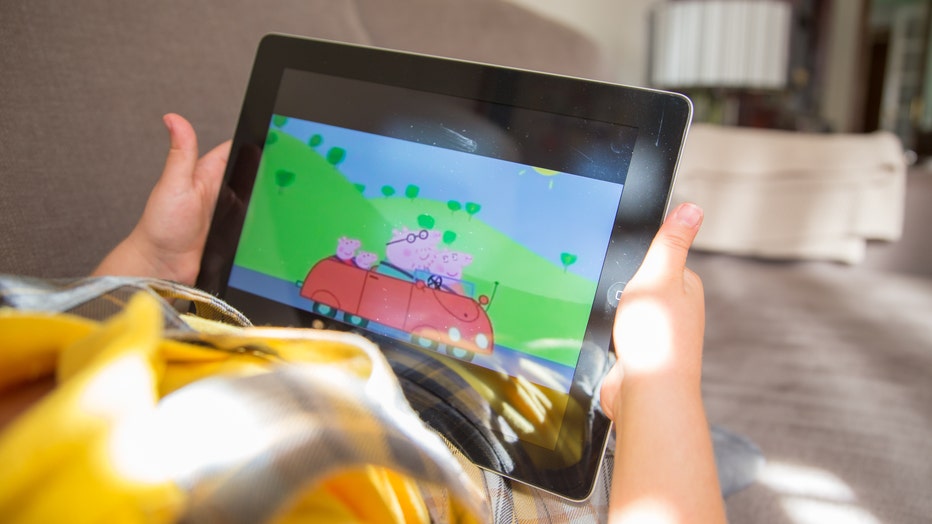Study: Screen time linked to cognitive issues in children born preterm
WASHINGTON, D.C. - Six and 7-year-olds who were born extremely preterm — before the 28th week of pregnancy — who had more than two hours of screen time per day were more likely to have deficits in IQ, problem-solving skills, impulse control and attention, according to a study funded by the National Institutes of Health (NIH).
The study, conducted by Dr. Betty R. Vohr and colleagues, also found children who had a television or computer in their bedrooms were more likely to have problems with impulse control and paying attention.
The findings concluded that high amounts of screen time may magnify the cognitive deficits and behavior problems common to children born extremely preterm.
Previous findings have also linked high amounts of screen time among children born full-term to language, developmental, behavioral and other problems.
RELATED: Prototype app can distinguish between autistic and neurotypical children, NIH-funded study shows
In the most recent study, researchers analyzed 414 6 to 7-year-old children born at 28 weeks or earlier, 238 of whom had more than two hours of screen time per day and 266 who had a television or computer in their bedrooms.

Girl watching cartoons online with the iPad tablet laying in the sofa at home.
Children with high amounts of screen time scored an average deficit of nearly eight points on global executive function percentile scores, about 0.8 points lower on impulse control and more than three points higher on inattention than children with less screen time per day.
RELATED: Baby boomers score lower on cognitive functioning than members of previous generations, study finds
Researchers also found that children with a television or computer in their bedrooms also scored lower on inhibition, hyperactivity and impulsivity tests.
The authors of the study funded by NIH’s Eunice Kennedy Shriver National Institute of Child Health and Human Development concluded that the findings support the need for physicians to discuss the possible effects of screen time with families of children born extremely preterm.
This story was reported from Boston.

